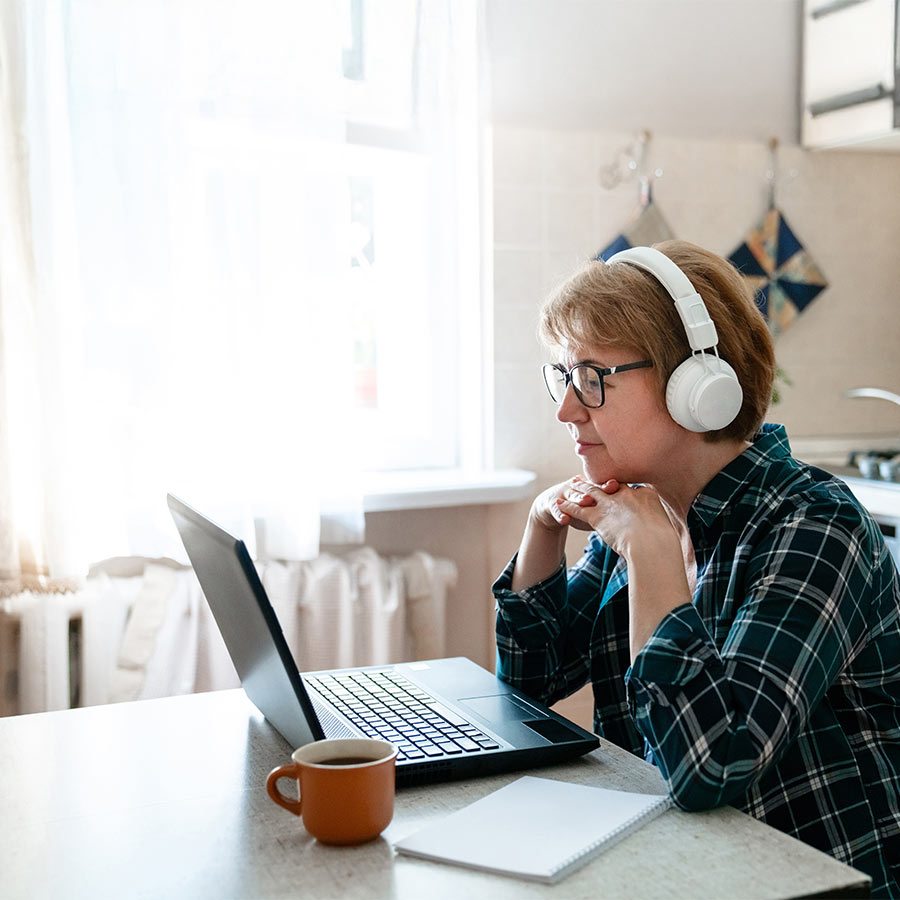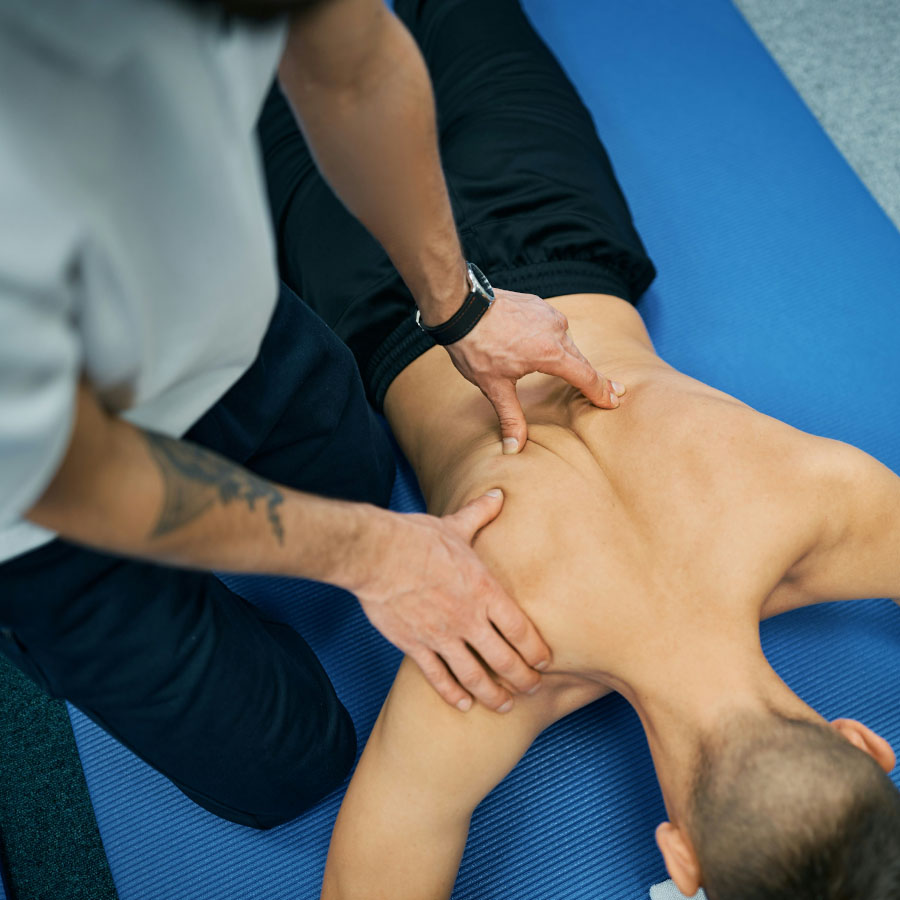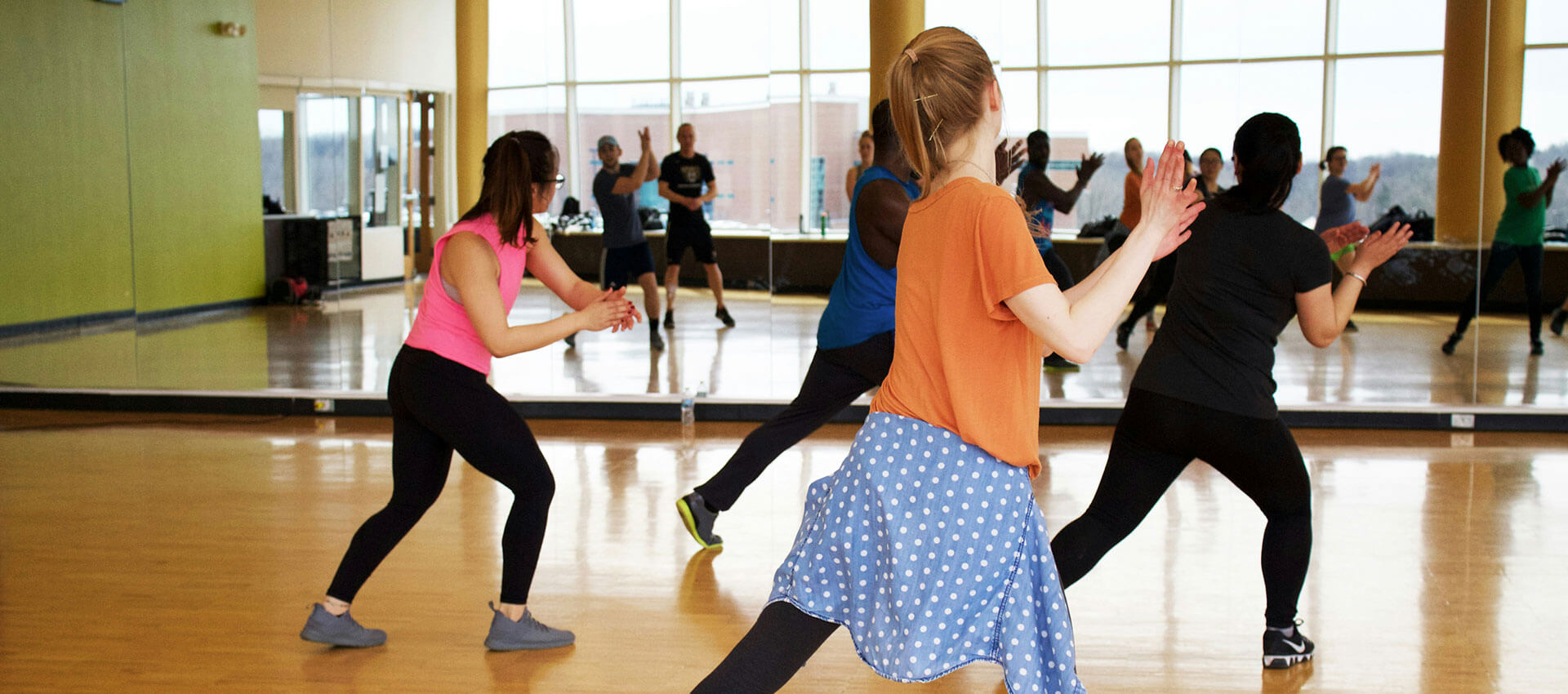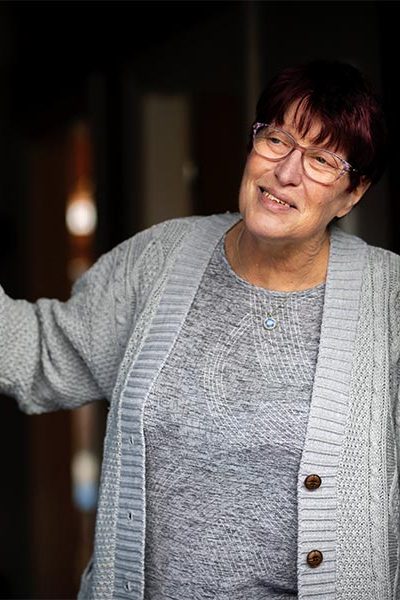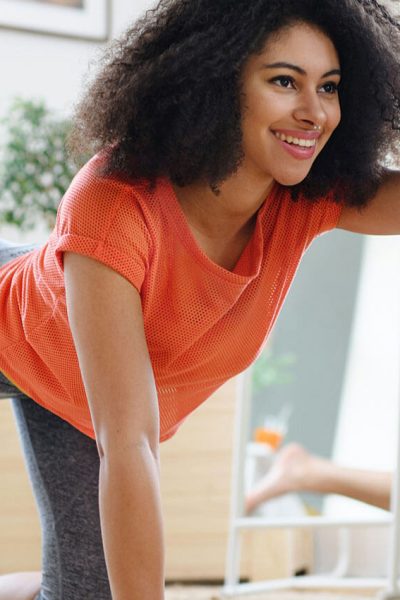With busy lives and work schedules, we understand how hard it can be to prioritise exercise. So our expert physiotherapy team here at Vita Health Group have shared five top tips on how to successfully integrate movement into your everyday life.
Block out time for exercise in your diary:
Treating your exercise time like a work meeting or appointment means it’s less likely to slip off your schedule, and you’re more likely to plan things around it.
Get an exercise buddy:
Commit to exercising with someone else – a friend, colleague, family member or neighbour. You’re much less likely to cancel if you feel like you might let someone down.
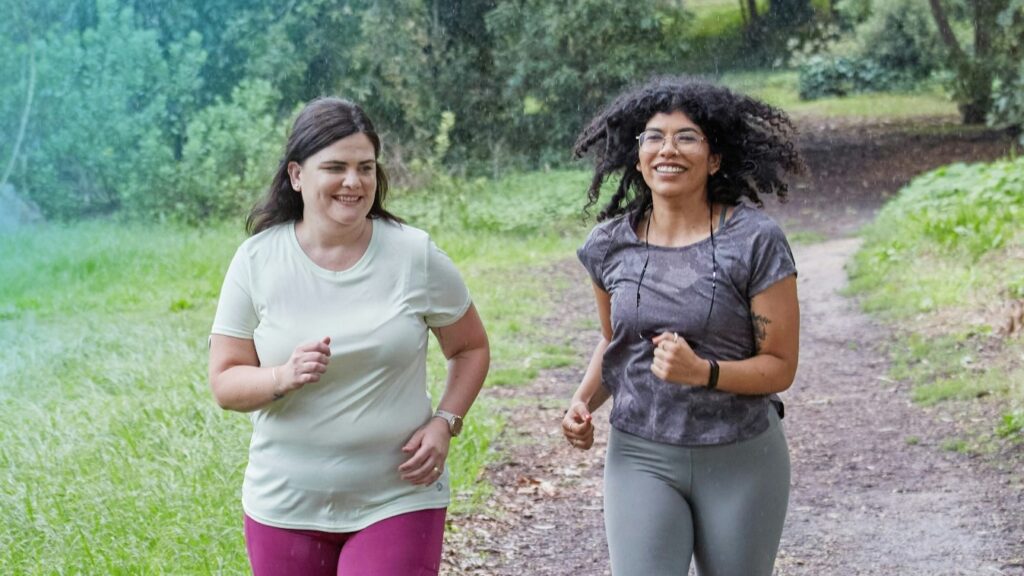
Choose an exercise you actually enjoy:
If you set yourself a goal of running but you secretly despise it, you’re much less likely to stick with it. Have a good think about the movement you enjoy.
Combine physical activity into something you already do:
Instead of putting a block of time aside to exercise, think about how you can integrate exercise into your existing routine. Could you get off the bus a stop earlier and walk the rest of the way? Can you switch a sit-down meeting for a walking meeting? Or perhaps you could try some calf stretches or squats whilst you’re waiting for the kettle?
Plan family activities that include movement:
It can be tricky to juggle family life and exercise, so think about how you could merge the two together. Plan activities that involve walking, cycling, or team sport. You could look to make gardening a family activity, which is also great for mental wellbeing.
Information & Guidance
Access our Health Hub
Long Term Condition
People living with Long Term Conditions (LTC’s) are more likely to experience mental symptoms due to their physical symptoms causing anxiety, worry, overthinking and avoidance.
Related Articles

Pennine’s Fracture Liaison Service: Quietly transforming lives in Oldham
Discover how Pennine MSK’s Fracture Liaison Service in Oldham is leading the way in osteoporosis care, prevent

Tennis injuries: symptoms and prevention
Tennis injuries can be short or long term – these last ones being associated to the upper body (overuse).

5 Simple Tips for Back Care
Back pain is often, it’s your body reminding you to move, rest, or adjust your habits.
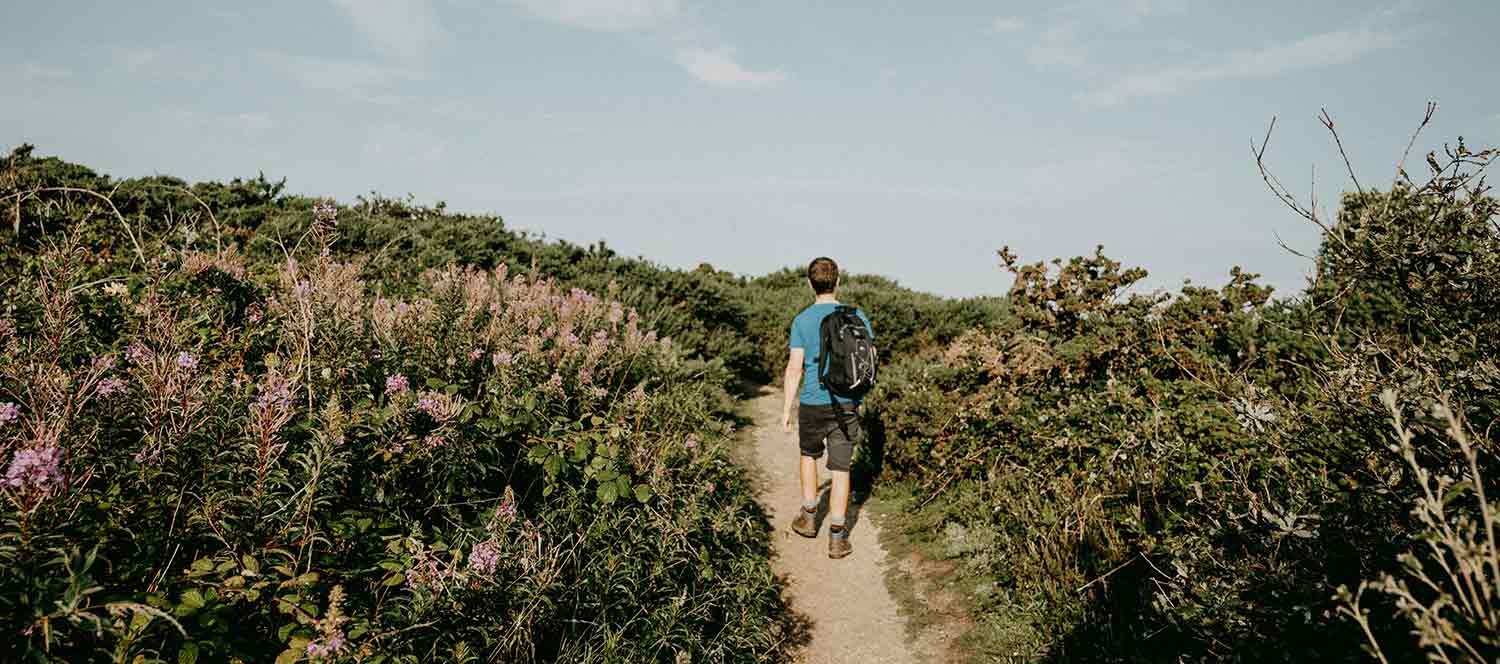
The benefits of physical activity for mental health
The benefits of finding even small moments for movement in our everyday lives are great.



